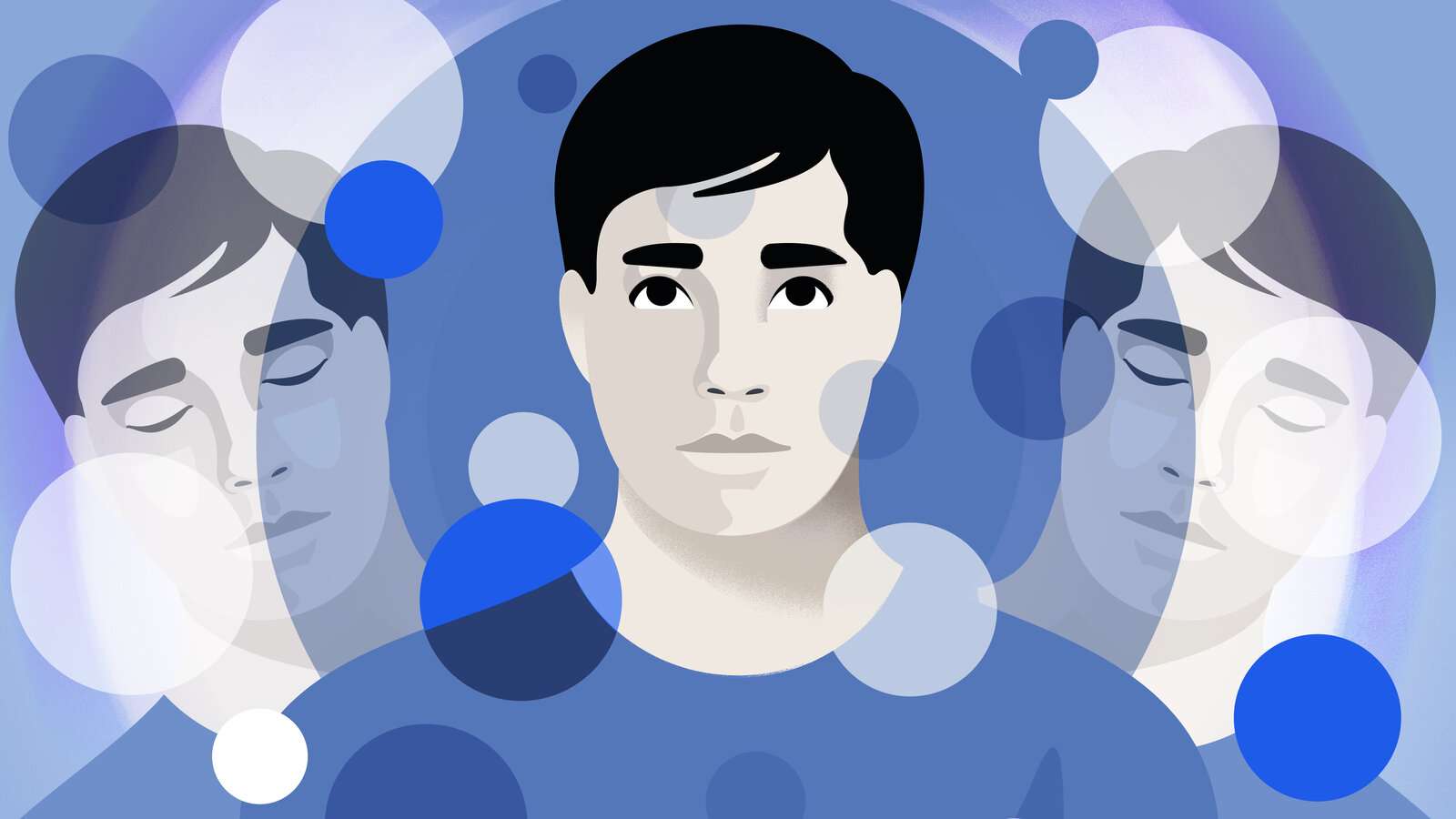Introduction:
Schizophrenia is a complex and often misunderstood condition affecting millions of people worldwide. Characterized by disruptions in thought processes, perceptions, and emotions, this disorder can significantly impact an individual’s quality of life. Understanding this mental health condition is crucial for reducing stigma and supporting those affected.
This article delves into the key aspects of schizophrenia and provides actionable insights to foster awareness and compassion.
What Is Schizophrenia Mental Disorder?
Schizophrenia mental disorder is a chronic condition that disrupts a person’s ability to think clearly, manage emotions, and engage in social interactions. It typically begins in early adulthood but can emerge at any age. Contrary to common myths, schizophrenia mental disorder is not the same as having a “split personality.” Instead, it involves a range of symptoms that vary in severity and form, making each case unique.
For a detailed overview, visit the National Institute of Mental Health (NIMH).
For individuals seeking treatment for Schizophrenia, consider consulting qualified mental health professionals such as:

1. Recognizing the Symptoms of Schizophrenia Mental Disorder
Schizophrenia mental disorder manifests through a combination of symptoms categorized as positive, negative, and cognitive:
- Positive Symptoms: These include hallucinations (hearing or seeing things that are not there), delusions (strong false beliefs), and disorganized thinking or speech.
- Negative Symptoms: Individuals may exhibit reduced emotional expression, lack of motivation, or withdrawal from social activities.
- Cognitive Symptoms: Memory issues, difficulty focusing, and challenges with decision-making are common.
Early recognition of these symptoms is critical to ensuring timely interventions.
2. Causes and Risk Factors of Schizophrenia Mental Disorder
The exact cause of schizophrenia mental disorder remains unknown, but research suggests a combination of genetic, biological, and environmental factors.
- Genetics: A family history of schizophrenia increases the likelihood of developing the condition.
- Brain Chemistry: Abnormalities in brain structure and chemical imbalances may contribute to its onset.
- Environmental Triggers: Stressful life events, exposure to toxins, or prenatal infections can act as catalysts.
Learn more from the World Health Organization (WHO).

3. The Role of Early Intervention in Schizophrenia Mental Disorder
Timely diagnosis and support can significantly improve outcomes for individuals with schizophrenia mental disorder. Early intervention programs focus on:
- Educating families and caregivers.
- Providing therapeutic and lifestyle support.
- Reducing the severity of symptoms to enhance quality of life.
Early detection empowers individuals to better manage the condition and maintain independence.
4. Dispelling Common Myths About Schizophrenia Mental Disorder
Misconceptions about schizophrenia mental disorder contribute to stigma and discrimination. Let’s debunk a few common myths:
- Myth: Schizophrenia means having multiple personalities.
Fact: Schizophrenia mental disorder involves disruptions in perception, not personality disorders.
- Myth: People with schizophrenia are always violent.
Fact: Most individuals with schizophrenia are non-violent and more likely to be victims of violence.
Fostering a culture of understanding can help reduce stigma and encourage more people to seek help.

5. The Importance of Community Support
Living with schizophrenia mental disorder often involves family, friends, and society. Support systems play a pivotal role in recovery and stability.
- Family and Friends: Encouraging open communication and being empathetic can make a big difference.
- Community Programs: Peer support groups and community mental health services provide essential tools for coping.
Visit the Centers for Disease Control and Prevention (CDC) for more details about community resources.
6. Lifestyle Tips for Managing Schizophrenia Mental Disorder
Although professional care is crucial, adopting certain lifestyle habits can complement treatment plans:
- Maintain a Routine: Regular schedules for eating, sleeping, and activities provide structure.
- Exercise: Physical activity can help reduce stress and improve overall well-being.
- Mindfulness: Practices such as yoga and meditation can aid in managing symptoms like anxiety and stress.
These habits can empower individuals to take an active role in their mental health journey.
7. Advocacy and Awareness About Schizophrenia Mental Disorder
Raising awareness about schizophrenia mental disorder is essential for fostering an inclusive society. Advocacy efforts can include:
- Participating in mental health campaigns.
- Encouraging open discussions in schools and workplaces.
- Supporting mental health legislation to improve access to care.
Organizations like MentalHealth.gov provide resources for education and advocacy.
Conclusion
Schizophrenia mental disorder is a life-altering condition, but with the right support and awareness, individuals can lead fulfilling lives. By understanding its symptoms, causes, and the importance of community and lifestyle, society can create an environment of compassion and empowerment for those affected.
Together, let’s work toward breaking the stigma and ensuring everyone has access to the resources they need. For further information, visit trusted sources like NIMH, WHO, and CDC to deepen your understanding of schizophrenia mental disorder and mental health.

